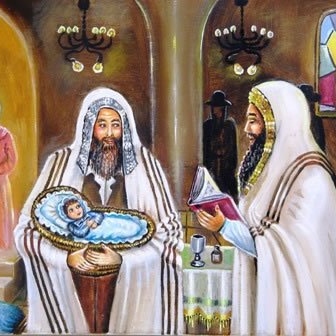
News

New temporary rituals and restrictions
TALI FEINBERG
“For thousands of years, from the time of Moshe Rabbeinu, Chevrah Kadishas around the world have taken pride in ensuring that we treat the deceased with the highest levels of dignity,” says Saul Tomson, the chief executive of the Chevrah Kadisha South Africa.
“This is known as chesed shel emet [the truest act of loving kindness]. Our Chevrah Kadisha is no exception. Together with our volunteers and professional staff, we continue to make certain that every deceased person is treated with the utmost respect and dignity.
“At the same time, given the current situation, we are obligated to ensure the protection of those volunteers and staff who work with the deceased. Every precaution necessary is being taken, and will continue to be taken to protect these people. All our decisions conform with what is being done internationally by Chevrah Kadishas around the world, while at the same time complying with local by-laws, where applicable.
“We will always advocate for the customs of our community while obviously understanding the requirements to comply with the laws of the state. Any halachic decisions that have to be taken are taken in consultation, and via a p’sak din (rabbinical legal ruling) from our Beth Din. We have closed the ohel (funeral room) to the public, and although up to 50 people are permitted to attend a funeral, we are requesting that attendance is limited to the immediate family.”
“Mikveh use is by appointment only,” according to the office of Chief Rabbi Dr Warren Goldstein. “Please contact Pearl Kaplan on 083 550 1217 in Johannesburg, and Bev Coblentz at 072 954 8542 in Cape Town. They will explain to you the procedure for visiting the mikveh. All preparations must be done at home, and users must bring their own towels, gown, and bath mat. In Johannesburg, the only mikveh that will be open is Maharsha.
“The Beth Din has ruled that, under the circumstances, ladies must schedule their appointment to take place on the eighth day. There will be no further appointments at night. If the eighth day is Shabbat, the appointment must take place on the ninth day, on Sunday. A lady who is COVID-19 positive or who is in quarantine isn’t permitted to use the mikveh. This includes someone who has travelled in the past 14 days or who has had contact with a COVID-19-positive patient.”
The mikveh guidelines are in compliance with government regulations and the ruling of the Beth Din. “We realise that these guidelines will be inconvenient, but please bear in mind that the chief rabbi and Beth Din are working under very constrained circumstances to ensure the continuation of taharat hamishpacha (family purity).”
Brit Milah will still take place, with only the parents of the baby boy being present. Barmitzvahs, Batmitzvahs, and weddings can’t take place under the laws of lockdown.




